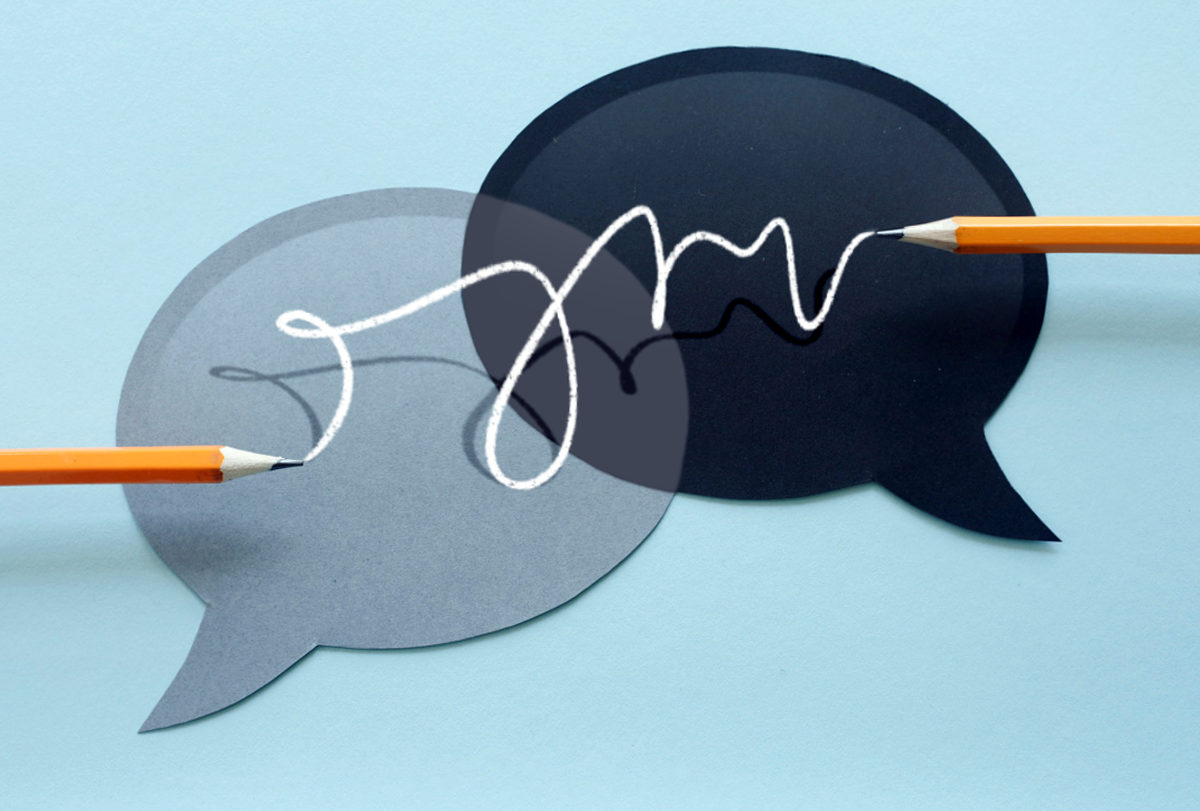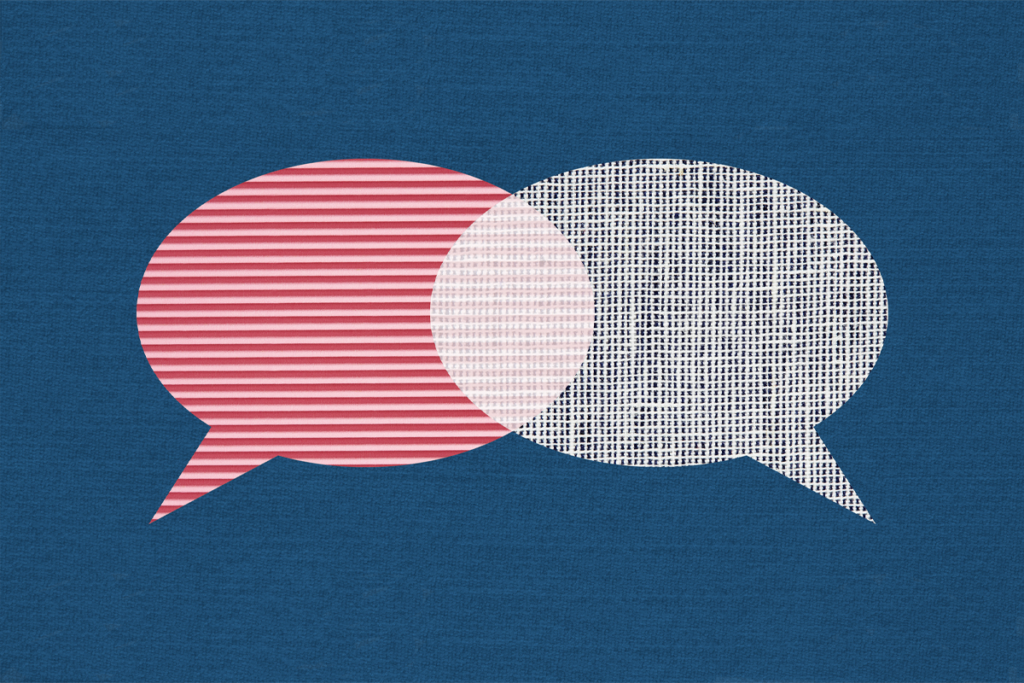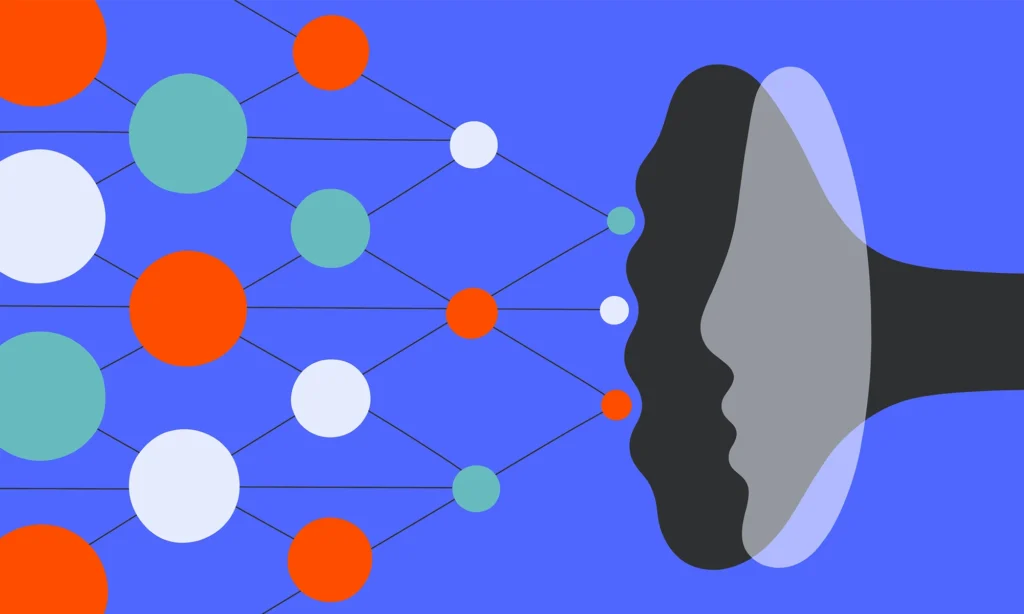Sometimes a journalist just knows during an interview—when a source cuts straight to the point—that a particular comment will feature prominently in the published story. Here are some of our favorite quotes from such moments, which occurred in conversations with neuroscientists and in their essays for our site over the past 12 months.

Say what? The Transmitter’s top quotes of 2024
“We’ve cured mouse-heimer’s thousands of times…”—find out who said this to a Transmitter reporter, and read our other favorite quotes from the past year.
”“We’ve cured mouse-heimer’s thousands of times ...We fail to cure Alzheimer’s disease.”
Bryce Mander, associate professor of psychiatry and human behavior at University of California, Irvine, on attempts to rid the brain of Alzheimer’s-disease-linked plaques.
”Kenneth Harris, professor of quantitative neuroscience at University College London, on nonsense correlations and how to avoid them.
”Jan Wessel, associate professor of psychological and brain sciences and neurology at the University of Iowa, on making errors while hunting for them in his research.
”“I was giving away degus like crazy. Everybody wanted degus to start their work.”
Theresa Lee, professor of psychology at the University of Tennessee, Knoxville, on assembling her own colony of degus, an Andean rodent, for studies in neurobiology.
”Alison Hanson, a postdoctoral fellow in psychiatry at Columbia University, on signs of learning in brainless organisms.
Recommended reading

Talking shop: The Transmitter’s top quotes of 2025

The Transmitter’s most-read neuroscience book excerpts of 2025

Neuroscience’s leaders, legacies and rising stars of 2025
Explore more from The Transmitter

Six new neuroscience books for fall—plus five titles you may have missed

Neuroscientists reeling from past cuts advocate for more BRAIN Initiative funding
